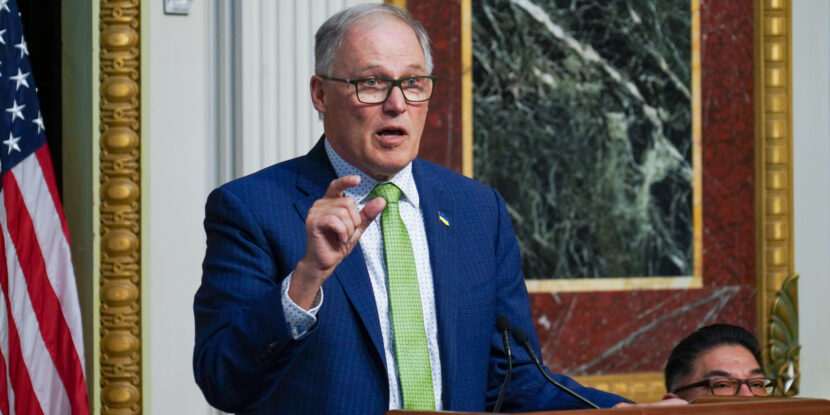In an attempt to starve the populist right of political capital, the European Union (EU) has endorsed vast reforms to its asylum system to address the controversial issues that arose due to unregulated migration during the 2015 migrant crisis. The reforms were approved as part of The New Pact on Migration and Asylum, a set of legislative changes aimed at handling unauthorized entries more effectively.
Despite opposition by Hungary and Poland, other EU member states embraced the revisions eagerly, hoping they will resolve disagreements that have been simmering since the sudden influx of over a million migrants, primarily from war-torn areas like Syria and Iraq.
These changes, however, will not be implemented until 2026, deferring any immediate solution to the issue that has split nations over their responsibilities towards migrants. Critics have expressed concerns that this pact may end in more exploitative agreements with poorer nations that people flee or traverse to reach Europe.
In the new system, countries of first arrival will screen migrants and store the information in a new database, Eurodac. If the law is enacted and enforced fully by member countries, the newly approved reforms will mark a significant shift in the EU’s handling of migration, giving countries a degree of flexibility in lending asylum support while ensuring stricter border protocols. This change has already received pushback, notably from Hungary, spotlighting challenges that lie ahead in the implementation process.
Concerns over mass migration have been a driving factor in increasing European support for right-wing populist parties, such as Alternative for Germany (AfD) in Germany, Party for Freedom (PVV) in the Netherlands, and National Rally (RN) in France. Right-wing populist parties have seen a surge in support over the last few years and are expected to make significant gains in the European elections next month.





















